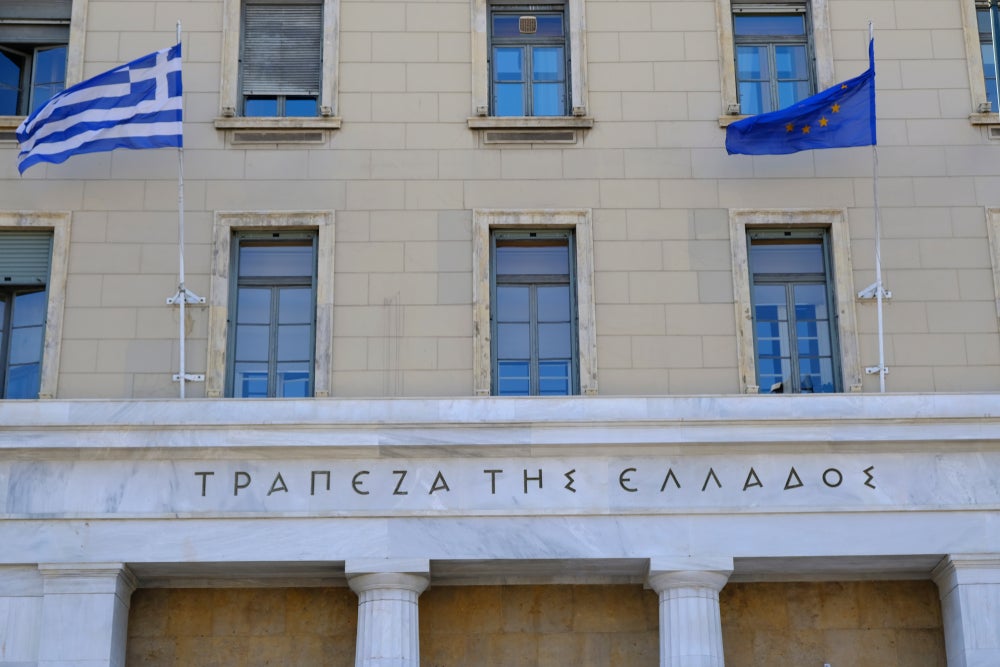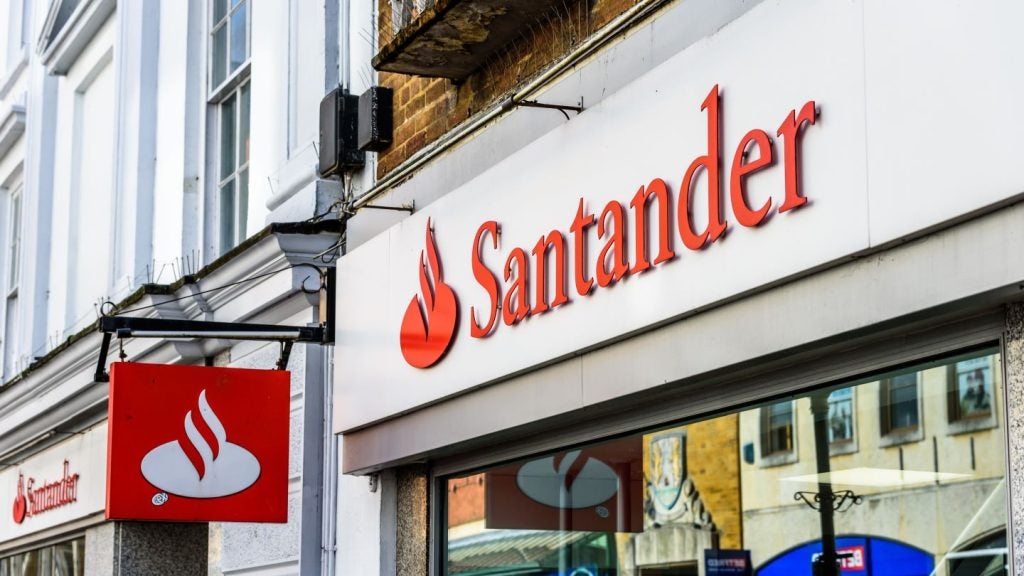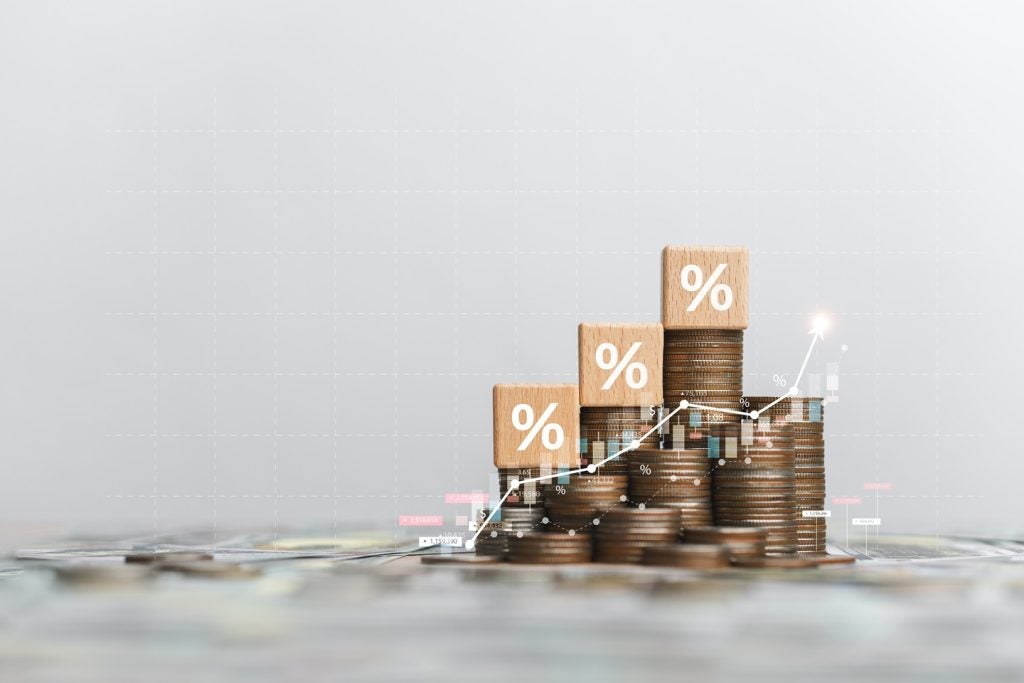
A decade ago, Greece’s dire financial situation posed a grave threat to the stability of the Eurozone due to massive debts and deficits. Fast forward to today, and the Greek economy has experienced a remarkable resurgence, marked by robust growth and significant improvements.
In 2022, the country achieved an impressive 4% economic growth, surpassing the eurozone’s average of 2.6%.
This revival can be attributed to the European recovery plan and a thriving tourist season that welcomed nearly 30 million visitors.
Unemployment, while still relatively high, has dropped to 10.9% in March, a significant improvement from the 22% a decade ago. Greece has also made significant strides in reducing its debt burden, which decreased from 206% of GDP in 2020 to 170% in 2022.
Credit rating agencies have recognised Greece’s progress, no longer viewing it as a financial market pariah. This change in status signifies a remarkable turnaround, with economic recovery at the forefront of the government’s efforts.
Greek Prime Minister Kyriakos Mitsotakis credited this growth with enabling tax cuts, attracting investments, restructuring the economy, and supporting society during crises.
How well do you really know your competitors?
Access the most comprehensive Company Profiles on the market, powered by GlobalData. Save hours of research. Gain competitive edge.

Thank you!
Your download email will arrive shortly
Not ready to buy yet? Download a free sample
We are confident about the unique quality of our Company Profiles. However, we want you to make the most beneficial decision for your business, so we offer a free sample that you can download by submitting the below form
By GlobalDataThe post-COVID period has been a turning point, with Greece achieving impressive GDP expansion, including an 8.4% growth in 2021 and 5.9% in 2022. Despite the challenges, Greece has achieved a primary budget surplus of 0.1% in 2022, and non-performing loans in banks have significantly decreased.
However, the road to recovery has not been without its difficulties, including austerity measures that have left a mark, leading to high relative poverty and a minimum wage lower than 12 years ago. The country’s GDP remains below pre-crisis levels, highlighting the need for long-term investments in human capital, infrastructure, and healthcare to continue the upward trajectory, experts said.
The Greek economy’s positive trajectory is influencing various sectors, including auto and equipment leasing, which is demonstrating stable growth.
Andreas Taprantzis, President of the Greek Car Rental Association and CEO of AVIS Greece (Olympic S.A.), said the Greek car market has been on a satisfactory growth path. Leasing, especially long-term leasing, is growing faster than the overall car market, reflecting evolving customer attitudes.
“A new generation of consumers seems to be more inclined towards the idea of leasing rather than owning a car outright. This shift is driven by factors such as cost-effectiveness, flexibility, and a reduced emphasis on ownership,” he said.
Corporate leasing, with SMEs leading the way, is steadily expanding. However, educating the target audience about the advantages and flexibility of leasing remains a challenge.
The Greek car market faced pandemic-related challenges, including supply chain disruptions, but it has since recovered, resulting in a 40% growth in new contracts over the past year.
Greece’s improving economic conditions and above-average growth in comparison to the Eurozone provide a favourable environment for the automotive industry. This growth is expected to boost demand for mobility solutions, with leasing playing a central role.
The transition from traditional internal combustion engine (ICE) vehicles to electric vehicles, changing demographics, and government regulations are driving this expansion. Analysts predict steady growth of 14% over the next year.
The Greek leasing sector has frequently piqued the interest of international players, with many strengthening their foothold in the local market in recent years.
ALD Automotive/LeasePlan (rebranded as Ayvens this month) is a notable example, as the company has substantially expanded its portfolio of local projects.
Nikos Velaoras, Sales & Marketing Director of ALD Automotive Greece, said: “The main project taking place in the Greek market is the development of leasing solutions that focus on flexibility. Flex leasing is a good option for businesses and individuals who want the flexibility to change their leasing needs over time, that is, hire an employee that needs a vehicle exclusively for a project lasting a few months, for example.”
The leasing sector in Greece has experienced a 10% growth this year, with forecasts suggesting continued development in the next 1-2 years, said Velaoras.
The leasing sector in Greece has also attracted interest from the European Investment Bank (EIB). Graham Wood, a spokesman for the EIB, said: “The EIB has a limited leasing program cooperation with the Greek Banks but not with direct financing of leasing companies. Leasing often accounts as an operational expense for companies and not as a capital expenditure and this is the reason that often it is not eligible for our financing.”
The Greek leasing sector is witnessing growth, supported by changing consumer preferences, regulatory shifts, and the move to electric vehicles. This growth is expected to persist in the coming years, making leasing a crucial player in the Greek automotive landscape.







